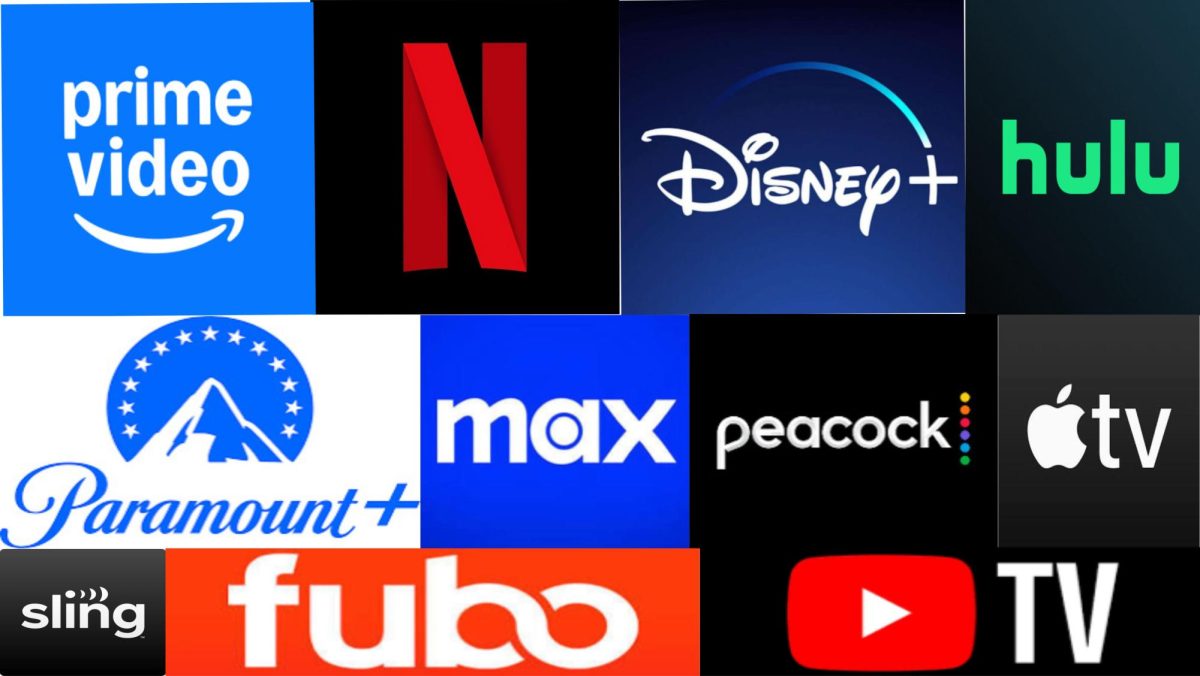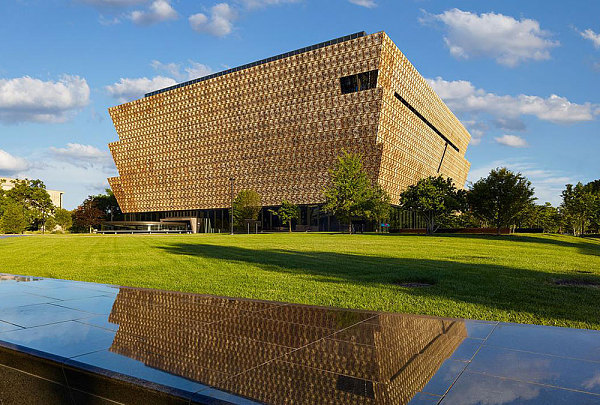On Nov. 28, legislation introduced in Australia that would ban social media access to minors under the age of 16 passed in both the Australian House of Representatives and Senate by significant margins. The law, which would go into effect in late 2025, impacts X (formerly Twitter), Snapchat, Instagram, TikTok and other social media platforms. The penalty for violating the fine and failing to prevent restricted ages from accessing social media sites can be up to $32 million.
Despite the ease with which the law passed, the journey to putting it in front of the legislature was anything but. Since the law was proposed, interest groups and rights-advocacy organizations have turned political lobbying functions up with large-scale public campaigns and parliamentary hearings.
The scope of the law, which is now the strictest social-media restriction law in the world, has drawn international attention, especially from countries like the United States, in which a similar law in Florida is currently being challenged in state court. Though the Australian law saw broad support, with about 77% of the population supporting it, according to the latest public opinion polls, support in the US for such initiatives is significantly lower, typically hovering at slightly over 50%.
Children’s rights groups and privacy-rights groups argue that the ban would diminish the voices of young people, which is especially concerning for users who rely on support groups. As the world becomes steadily more digital, they say, forcibly keeping developing minds from the internet risks alienating them from joining and participating in society.
On the other hand, primarily parent-activist groups have strongly argued against teenage social media usage, claiming that online activity in youth has been contributing to rapid negative down spirals in users’ mental health, potentially amplifying issues such as depression and anxiety.
According to the United States Surgeon General, the country’s chief medical doctor and health educator, scientific evidence suggests frequent social media use can impact academic development, impulse control, social behavior, emotional regulation and sensitivity to social cues. It has been widely accepted that social media use on developing minds causes a spectrum of potentially harmful effects, especially given modern trends of quickly rising social media use among adolescents.
Though a somewhat different conversation, the nationwide restriction of TikTok that will go into effect on Jan. 19 remains somewhat relevant. Within just the last few years, TikTok rose to become the fifth most popular social media app, an ascendancy fueled largely by widespread adolescent acceptance. However, TikTok has been accused of damaging young children’s minds even more so than competitors such as Instagram and Snapchat, for TikTok’s targeting algorithm and short-form content have been linked to rising addiction rates and falling attention spans.
However, United States lawmakers were more concerned about the potential for the People’s Republic of China (PRC) to spy on Americans through the Chinese-owned ByteDance, which owns TikTok. TikTok itself, as well as other opponents of the effective ban, characterize the restrictions as an assault on free speech. The day that Congress passed the bill that would force TikTok to shut down operations in the United States and compel Apple and Google’s app stores to stop carrying the app, bipartisan lawmakers were flooded with calls from constituents, many of them confused children. TikTok had pushed out a message to some users of the app, informing them that social media was soon to be banned and offering them the phone numbers of their congressman’s office.
This only fueled the belief among some members of Congress that TikTok did not just pose a national security threat, but was potentially having unseen and unaddressed effects on children. Though Australia this past month was the first country to pass such legislation to ban social media, lawmakers in the United States have expressed interest in similar proposals.
Within the next few months, state courts in Florida will determine whether or not the state’s proposed ban, similar to the one in Australia, is legal. If the legality of the ban is upheld, the success of the measure in Florida could be seen as a road map, either for other states or even federally, to implement similar initiatives. Regardless of the eventual outcome, the most recent social media restrictions, passed by governments on opposite sides of the world, show an international concern and newfound acknowledgment of the potentially disastrous effects of this modern communication medium.















